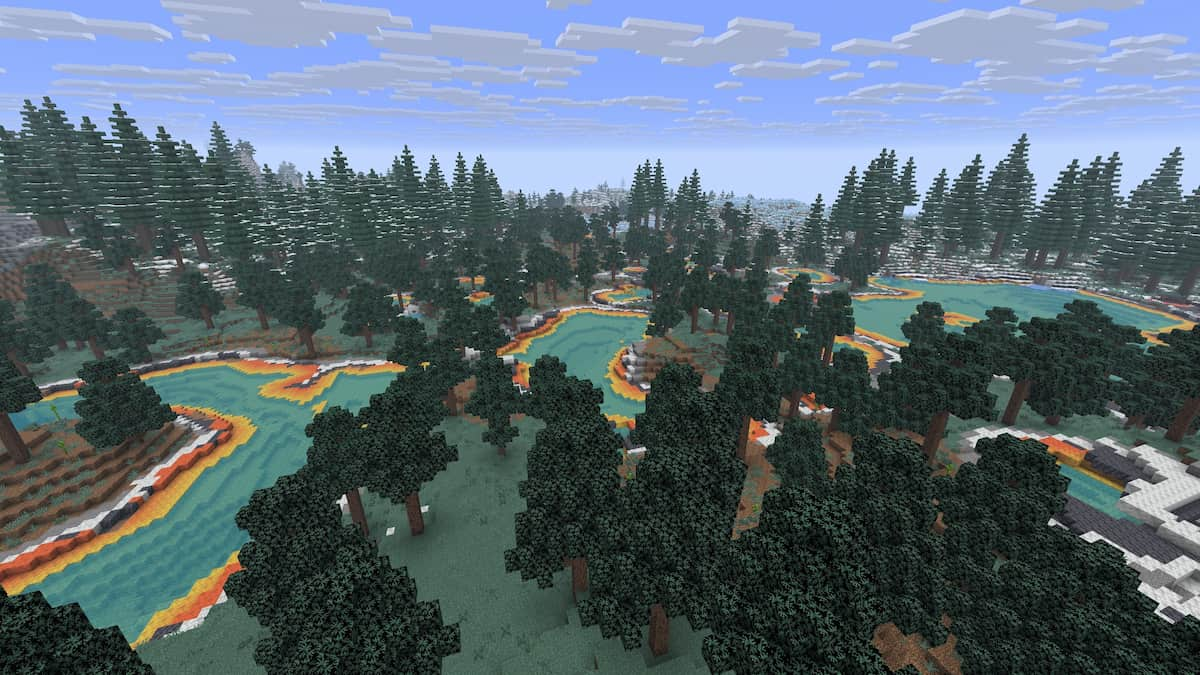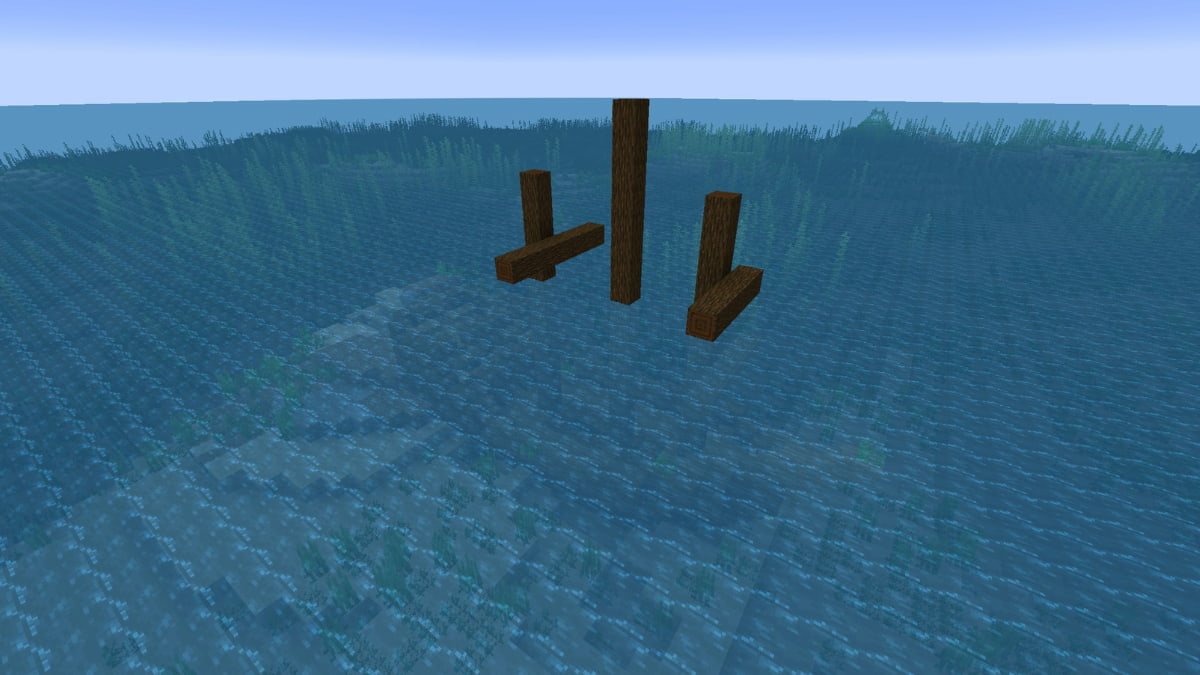Writing isn’t easy. Stacks upon stacks of books and essays have been penned on how to write well.
This is great in one sense, because it means that there are lots of resources for writers to fall back on when they’re unsure of themselves or just can’t get something to come out right. It’s not so great when you’re trying to distinguish which resources are actually helpful and which ones aren’t worth your time.
When asking a seasoned writer what their recommended reading list would be for an aspiring writer, you’ll get a lot of different answers. A lot of the time, this list will look different depending on a writer’s preferred genre and personal style.
Our editors here at GS have compiled our very own recommended reading list for all of you. From style manuals to short essays, we’ve picked out what we believe will be the most helpful resources for you during your writing career at GameSkinny and beyond. (There are even some free PDFs in there for you!)
Strunk & White’s The Elements of Style
This book is a sacred text for any writer. Buy a copy of it. Buy two copies of it. Memorize both. Read it before bed. (Or just read this PDF version.)
The Elements of Style is the definitive resource on grammar and composition rules. It’s influenced what is considered “good” and “bad” writing in most literary circles. And the majority of published authors find it invaluable. Stephen King gave it a shout-out in his own book about writing, saying:
One notable exception to the bullshit rule is The Elements of Style, by William Strunk Jr. and E.B. White. There is little or no detectable bullshit in that book….I’ll tell you right now that every aspiring writer should read The Elements of Style.
Writers are not magicians. We can’t magically make something sound good. We work hard with our words, and Elements of Style shows you how to structure your language so that it’s both beautiful and efficient. It will give you all the basics you need to start writing at a more advanced level.
That’s not to say that The Elements of Style should dictate every sentence you draft from now until the end of time. But you have to master the rules before you can break them successfully.
The Careful Writer (A Modern Guide to English Usage) by Theodore Bernstein
Next to The Elements of Style, this book is hailed as another invaluable style resource for writers of all levels. Bernstein tackles a lot of tricky instances in the English language, and clarifies how best to handle such issues when you encounter them.
Unlike other style guides and texts, The Careful Writer doesn’t try to be purely instructive. Some of the explanations and lessons in this book incorporate humor. It’s also less dry and less dense than most other style guides.
This is the only one that we couldn’t track down a PDF for, but you can get it for less than $5 on Amazon.
A Writer’s Reference – Diana Hacker
Hacker has written several manuals on style, research, and documentation. But this is one I’ve found most useful. If you’re a college student, this is the only book about research you will ever need. Ever.
Writer’s Reference gives you an in-depth look at all the grammar you could ever ask for, from sentence structure to punctuation to passive voice. It also has an invaluable guidebook about the research process. Hacker gives you tips on how to start your research, how to do research efficiently, what to do with research. The ability to research quickly and thoroughly is important for any journalistic writer.
Although you likely won’t use it on this site, Writer’s Reference also has the handiest guide to citation that I’ve ever come across. Hacker gives citation structure and examples for every type of source imaginable – and she does it in MLA, APA, and Chicago style. It’s well-written, well-organized, and definitely well worth your time.
“Shitty First Drafts” by Anne Lamott
This is from a larger book on writing called Bird by Bird. Although it’s mostly targeted at fiction writers, it’s definitely a great resource and a surprisingly entertaining read.
As good as the whole book is, there’s one essay in particular that really stands out. I was given this essay by a college professor, and my writing career has never been the same. Lamott addresses something that all writers experience, but few writers talk about so plainly: a terrible first draft.
We’ve all written them. We’ve all had days where the words just don’t want to come, and nothing sounds right, and you want to just trash it all and give up (at least for a while). It happens to the best of us.
In this essay, Lamott talks about the value of a shitty first draft, and what you the writer should do when you find yourself stuck with one.
The best part is, it’s only two pages long. Read it here.
Style: Toward Clarity and Grace by Joseph M. Williams
Style is a word that gets tossed around a lot. Style is the key to good, clear, effective writing. But style varies from author to author, so its important to read more than one style book. As wonderful as The Elements of Style is, that doesn’t mean Strunk & White knew everything.
Sometimes style guides fail to be helpful, because they often tell you what to do, but don’t always explain how to do it. In this book (or this PDF), Williams doesn’t just offer lists of do’s and don’ts. He writes rules, but he also explains how to follow them. Williams knows it isn’t enough to tell a writer to “Be Concise”. He walks you through what concision actually means and how you can achieve it.
On Writing Well by William Zinisser
This is a definitive guide for writing nonfiction. Zinisser covers a lot of bases in this handy book. He opens with chapters on principles of writing and methods of execution, then dovetails into a discussion of various forms of nonfiction writing.
There are chapters in this book for every sort of interest – sports writing, travel writing, interview writing, etc. After you’ve gleaned information from chapters that are relevant to you, it’s worth going through and skimming other chapters about different forms. The advice you’ll find in these chapters can probably be applied to your writing – even if the genre is a little different.
Here’s a PDF copy for your reading pleasure.
Sage Advice from the Pros
You don’t always need to read a whole book about writing to glean wisdom from veteran writers. A lot of writers have given advice about writing that isn’t contained in an essay or a book.
There are some things that almost all writers agree on. But the writing process is highly individualized, so it’s unfair to pick sage advice from just one author. Here are tips from a handful of our favorites:
- David Foster Wallace – Good Writing Isn’t a Science
- Neil Gaiman – 8 Rules of Writing
- Kurt Vonnegut – How to Write with Style
- Friedrich Nietzsche – 10 Rules for Writers
The Notion of Grit
Psychologist Angela Duckworth coined the idea of “grit” – that is, the “doggedness” that is essential to being successful. Her research based on this idea won her a MacArthur Genius grant.
Not only that, but writers high and low (from Neil Gaiman to Tchaikovsky) have pushed the idea of grit in their own words. To quote Isabel Allende:
Show up, show up, show up, and after a while the muse shows up, too.
That perseverance is the grit that everyone keeps talking about – even if grit isn’t the word they use.
Read more about grit in this blog post on Brain Pickings.
“Five Ways to Get First Draft Material Out of Your Head and Onto the Page” by Joanna Penn
This blog post echoes the sentiments of Anne Lamott, saying that first draft material is allowed to be crap. Oftentimes, the most difficult part of writing a first draft is conquering the self-doubt and forcing yourself to put down words that you know are not at their best.
Joanna Penn acknowledges this struggle, and she offers up a few ways to discipline yourself as a writer and get that daunting first draft onto the page. Some of the posts are about habits that encourage you to write, while others are sites and software that help keep you focused and limit distractions. If you’re struggling, give this a read and try out some of her tips. At least one of them is bound to get you started.
Pretty much everything that exists on Purdue OWL.
Purdue OWL is an invaluable resource for writers. The online writing lab (OWL) has all kinds of free resources for you to look through. There are sections on the writing process, grammar mechanics, academic writing, research and citation, and so many other things. Here are a few of the links that will probably be most helpful for your future GS articles:
These quick articles about journalism and journalistic writing.
Blogs are a great place to find tips, advice, and columns that are relevant to your writing interests. The links below come from Journalist’s Resource and American Press Institute. Both these sites have a wealth of information for the curious writer. American Press Institute has a lot of short, to-the-point blurbs about different aspects of journalism, while Journalist’s Resource boasts a database of information, tips, and case studies in various academic fields and writing disciplines.
- Elements of Journalism
- The Meaning of Objectivity
- Journalism as a Discipline of Verification
- What Makes a Good Story
- Four Questions to Find a Focus for Your Story
- How to Write an Op-Ed









Published: Jan 13, 2015 07:16 am